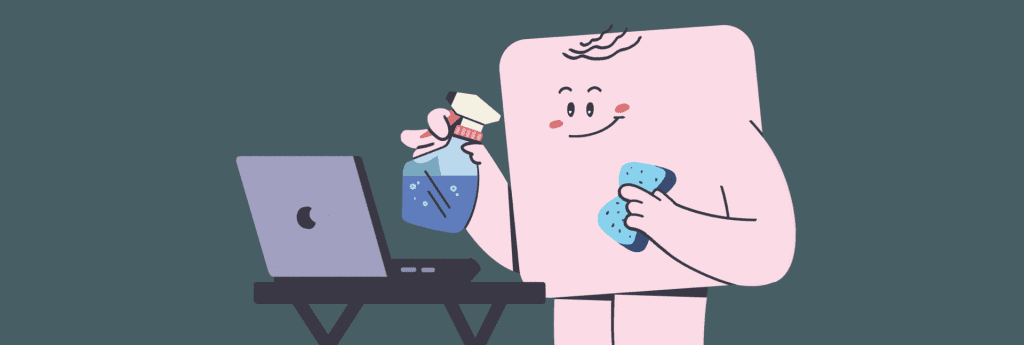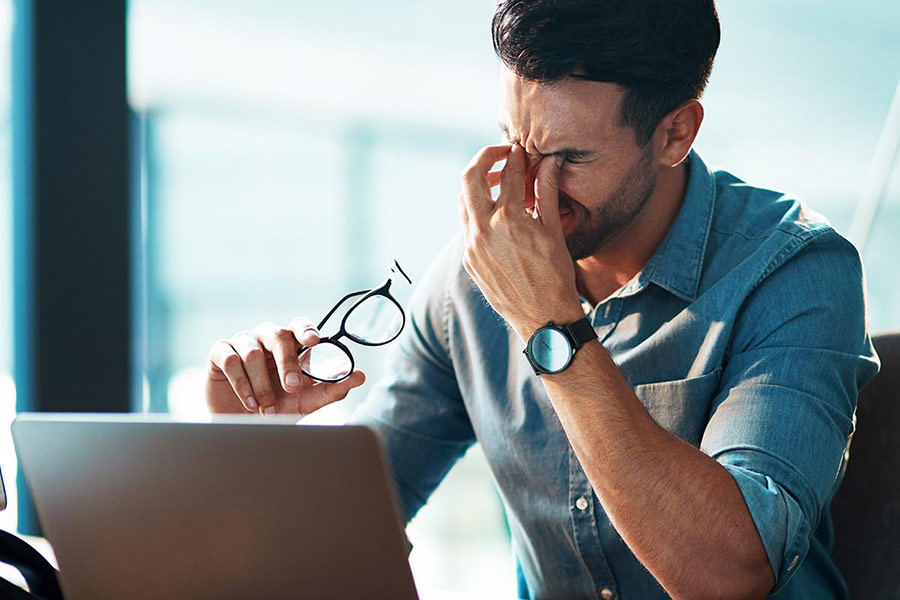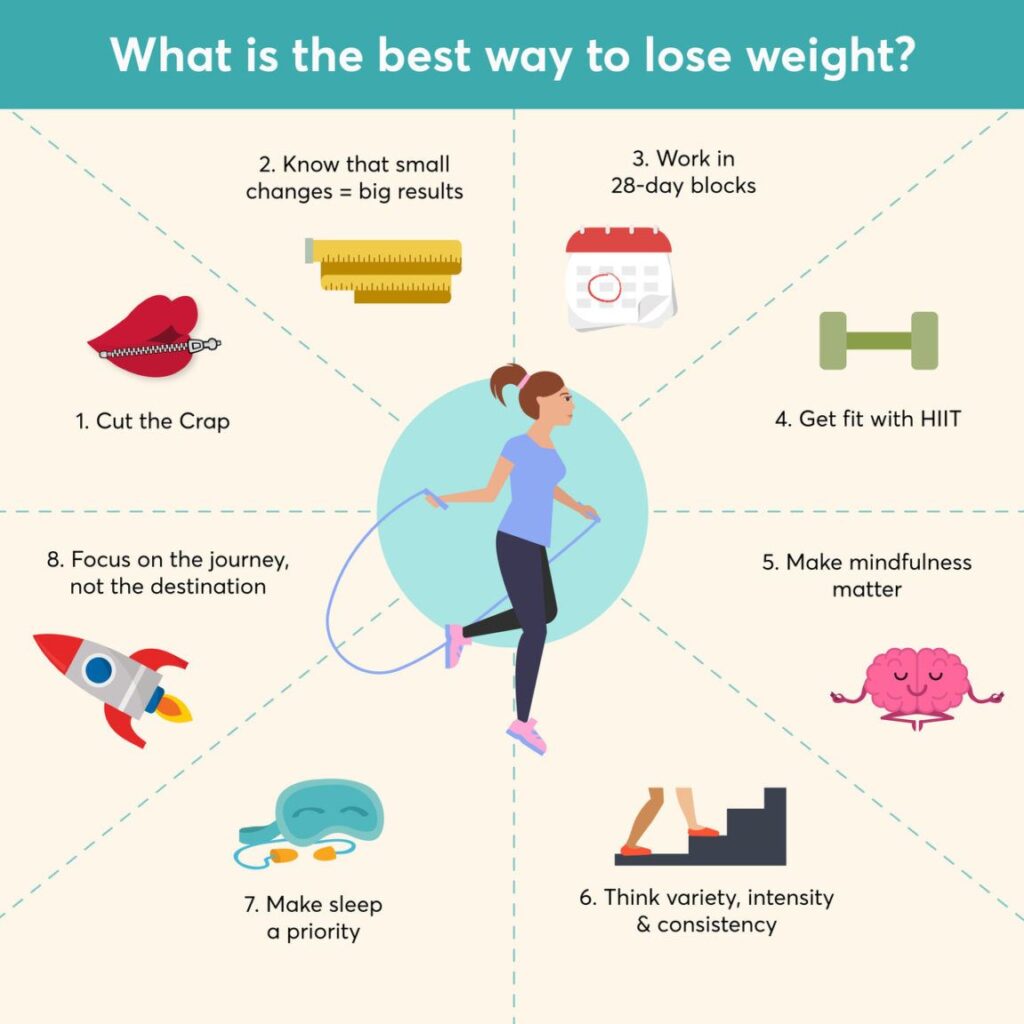Evidence is growing that yoga may be helpful for people with depression, a condition that affects more than 264 million people worldwide.
A recent study, published in the British Journal of Sports Medicine, found that engaging in yoga sessions may improve symptoms of depression in people with a range of mental disorders and more yoga sessions per week resulted in a greater reduction in symptoms.
Earlier studies have also found some evidence to support the effectiveness of yoga in relieving symptoms of depression, as well as in reducing anxiety and stress among women.
So, research suggests it could be a beneficial part of a wider treatment plan for depression as well as other mental health concerns.
What Is Yoga?
With a 5,000 year history, yoga is an ancient discipline that uses a series of postures and breathing techniques to help improve overall wellbeing. The postures, designed to build strength and flexibility, are typically combined with meditation or relaxation techniques.
However, there are many different styles of yoga, and each style has its own focus, whether this be breathing, posture, or meditation. Some styles of yoga are more energetic and demanding, like ashtanga, while others emphasize posture and breathing, such as Iyengar.
Why Yoga Can Help With Depression And Anxiety
Yoga is a gentle form of physical exercise, and through exercise, the body releases ‘feel good hormones’ called endorphins which can help to relieve anxiety and boost mood in people with mild to moderate depression.
Studies support this finding that a lack of exercise can have a negative impact on mental health, contributing to poor sleep, anxiety, stress, and low mood.
But the meditative and mindfulness aspects of yoga may also help to ease symptoms of depression and anxiety. Mindfulness encourages you to focus on the present moment using techniques like breathing and meditation.
So the key elements of yoga, mindfulness, breathing, stretching, and exercise when combined can help to improve both physical and mental health.
Can Yoga Form Part Of Treatment For Depression?
Depression is a complex illness that affects people in different ways, so a one size fits all approach to treatment won’t be effective. But there are ways in which yoga could be beneficial as part of a range of options to improve mental wellbeing.
For example, physical illness can lead to the development of mental health problems, so staying active can help to maintain your mental health generally and this is increasingly being recognized by healthcare professionals.
Doctors in the UK are starting to prescribe exercise for people with depression and anxiety, instead of just medication or talking therapies like cognitive behavioral therapy (CBT), according to the mental health charity Mind.
Mindfulness based cognitive therapy is also recommended by the National Institute for Health and Care Excellence (NICE) in the UK to help prevent depression in people who have experienced the condition on 3 or more occasions in the past. This form of therapy aims to make you more aware of negative thoughts and to deal with those thoughts in a constructive way.
We know that physical activity is good for both our mental and physical health and that lots of people find meditation, mindfulness, and breathing exercises helpful, especially people who experience problems with anxiety and panic attacks, says Stephen Buckley, Head of Information at Mind.
Therefore, it’s no surprise that research suggests yoga can help people with depression, as it helps improve our physical fitness and draws attention to our breath, he adds.
But while activities like yoga and medication may help ease symptoms of depression, if you’re ever concerned about your mental health or are feeling depressed, contact a healthcare professional.
How To Get Started With Yoga
It’s never too late to start practicing yoga. However, it’s advisable to be taught by a qualified yoga teacher and choose a class suitable to your level. To get the most benefit from yoga, choose a style that suits your goals, lifestyle, and personality.
If you’re a beginner, you could try Iyengar or Hatha as these are gentle and slow paced. Alternatively, kundalini is a style of yoga that focuses on breathing and meditation, so is ideal if you want to improve your mental wellbeing. Restorative yoga is ideal if you need to relax, or try ashtanga for more physically demanding yoga.
Classes are usually available in leisure centers, health clubs, schools, and some surgeries, but you can also practice at home. Even if you have minimal space but you have a computer or tablet, you can follow a tutorial or class online.
Is Yoga Better Alone or With Others?
You may find that doing yoga with others is especially helpful to your frame of mind. According to Mind, group yoga sessions can be even more effective for mental health as they provide an opportunity to talk through problems with others, strengthen social ties and even expand your support network.
If you’d like to know more about this discipline, this guide to yoga gives you more information on the styles of yoga available, how to get started, and other health benefits associated with yoga.















